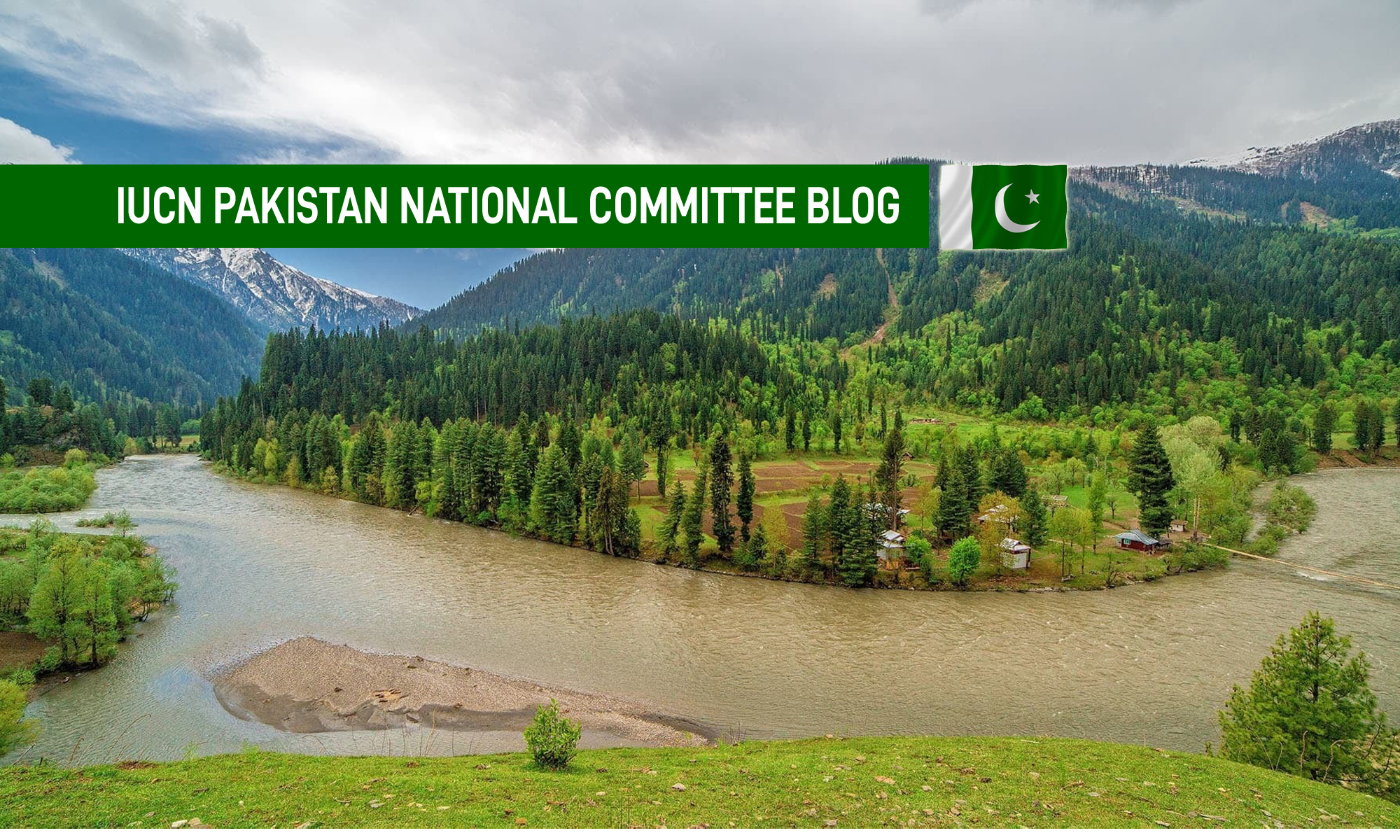The World Environment Day on June 5th reminds us of the importance of the environment for our health and lives. The theme of the year 2017 is “Connecting People to Nature”. Due to massive industrialization and unprecedented economic development,the rural population is moving towards cities, thus more and more people are gradually distancing themselves from nature. The economic growth has caused widespread destruction to numerous habitats worldwide within which dwell myriads of animal and plant species. There are numerous studies that confirm the significance of the important link between humans and nature – that people closely connected to nature possess more positivity and vitality compared to those away from nature’s serenity.
Nature not only serves to provide nourishments to souls but also fulfills our countless basic needs, by way of its ecosystems and rich biodiversity. Thus, protection and conservation of biodiversity requires a serious thought and consideration.

The whole idea here is to highlight the significance of our involvement with nature. At the core of this idea is the notion that nature represents a significant source of expertise and humans have much to learn from the billions of years of evolution of the Earth’s living systems. New scientific approaches that combine indigenous knowledge and scientific methods have emerged in recent years – and these may include ethnobiology, ethonoecology, and ethnobotany.
Connecting with nature also means that biodiversity should be conserved as it is of enormous value to us in both direct and indirect ways. Biological resources – the species and ecosystems on which we rely for food and other natural products – are renewable only if utilized sustainability.
Since its inception, IUCN Pakistan has been deeply involved in nature conservation. As the only environmental organisation with official United Nations Observer Status, IUCN ensures that nature conservation has a voice at the highest level of international governance. Over the last 30 years in Pakistan, IUCN Pakistan has been pursuing nature conservation and sustainable development in Pakistan through its members and partners. Some of our successful programmes have included the Mountain Areas Conservancy Program– aflagship program that focused on biodiversity conservation and a significant achievement in it was the introduction of an internationally recognized mechanism for enhancing the number of Markhor species, the population of which was extremely under threat.
Our focus has also been on protected areas, such as national parks, nature reserves and marine sanctuaries play pivotal role in maintaining a healthy environment for both people and nature.
In 2013 IUCN Pakistan assisted the Government of Balochistan in getting Juniper Forests of Ziaratinto the World Network of Biosphere Reserves. Juniper Forest of Ziarat is the second Biosphere Reserve in Pakistan. The first one is the LalSohanara National Park which is situated in Bahawalpur District.
We are urging governments, both federal and provincial, to respond to global opportunities and link up with them. This includes primarily the Bonn Challenge, which is a global effort to bring 150 million hectares of the world’s deforested and degraded land into restoration by 2020, and 350 million hectares by 2030.
I’m pleased to confirm that efforts are also underway to establish Astola Island as Pakistan’s first marine protected area, an initiative being spearheaded by the Ministry of Climate Change and supported by IUCN through its Mangroves for the Future Programme.
IUCN’s role will be to assist with the technical methodology for establishing such an area. With Astola on its way to becoming an MPA, getting local communities and stakeholders on board is vital.
Also, in recent times, an increasing number of Asia’s protected areas have been put at risk due to an alarmingly high rate of economic development. The Asia Protected Areas Partnership (APAP) is a partnership that brings together 12 countries in the Asia region. Established in April 2014, the idea for this initiative originally came about at the first ever Asia Parks Congress, which took place in 2013 in Sendai, Japan. The establishment of this partnership reflects a growing recognition of the significance of protected areas in multiple spheres, sustainable economic development, climate change, disaster risk reduction, and cultural significance, as well as their aesthetic beauty.
We should work towards building partnerships especially with the private sector, which are not only the drivers of development, but can also play a significant role in addressing environmental issues through streamlining their business processes. IUCN Pakistan’s Business and Biodiversity Programme aims to influence and support private sector partners in addressing environmental and social issues. The purpose is to engage the business sectors that have a significant impact on natural resources and livelihoods.
The China-Pakistan Economic Corridor (CPEC) is emerging as a great economic opportunity for our country and IUCN Pakistan and IUCN China are working closely together to assist both the governments to incorporate environmental safeguards into CPEC.
Our focus should be on making efforts towards the accomplishments of the Aichi Biodiversity Targets, and by 2020 at the latest, people are made aware of the values of biodiversity and the steps they can take to conserve and use it sustainably. On its part, IUCN is assisting the Government of Pakistan in the implementation of these targets and we hope jointly and with the support of our partners and members we will be able to achieve success.
Together there is a need to work towards the Sustainable Development Goals (SDGs), which link up to livelihoods, health, poverty and the environment as a whole. As a nation, it is our responsibility to strive towards such objectives for the betterment of our nation, our people and our important ecosystems.
As development continues to gather momentum, so will our efforts towards safeguarding and protecting nature. It is therefore essential for all of us to work together to build synergies towards a goal that by now should become mandatory for us all!
Mahmood Akhtar Cheema
Country Representative
IUCN Pakistan
IUCN (International Union for Conservation of Nature)
1 Bath Island Road, Karachi 75530, Pakistan
www.iucn.org









